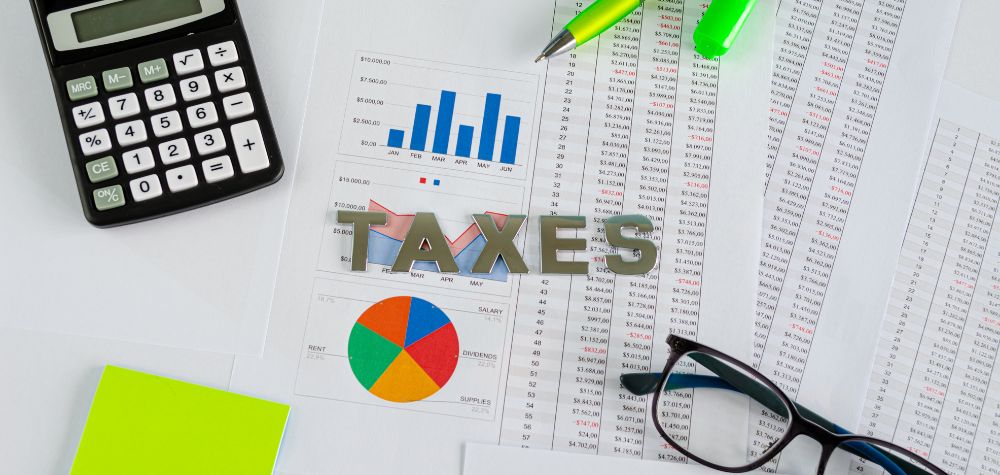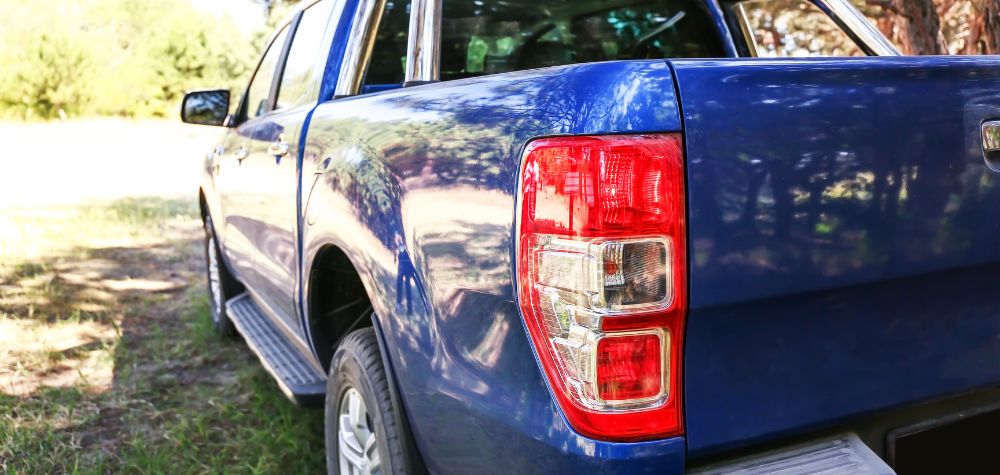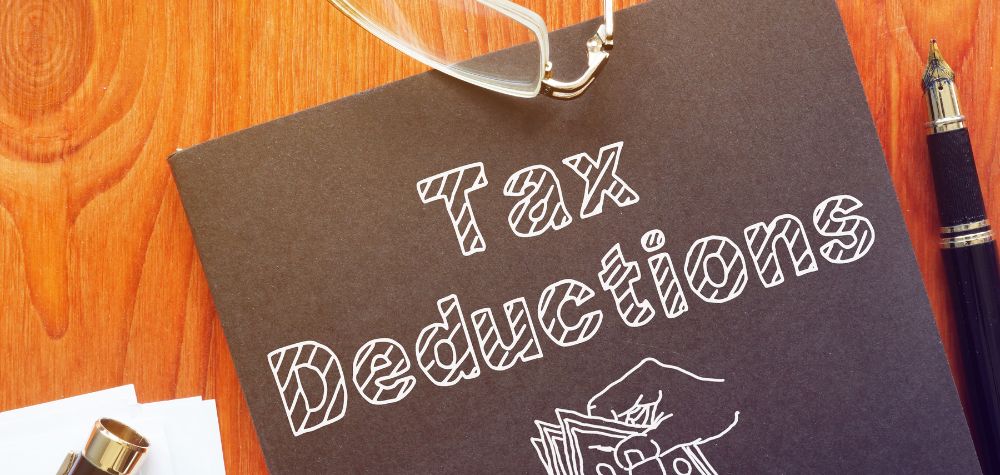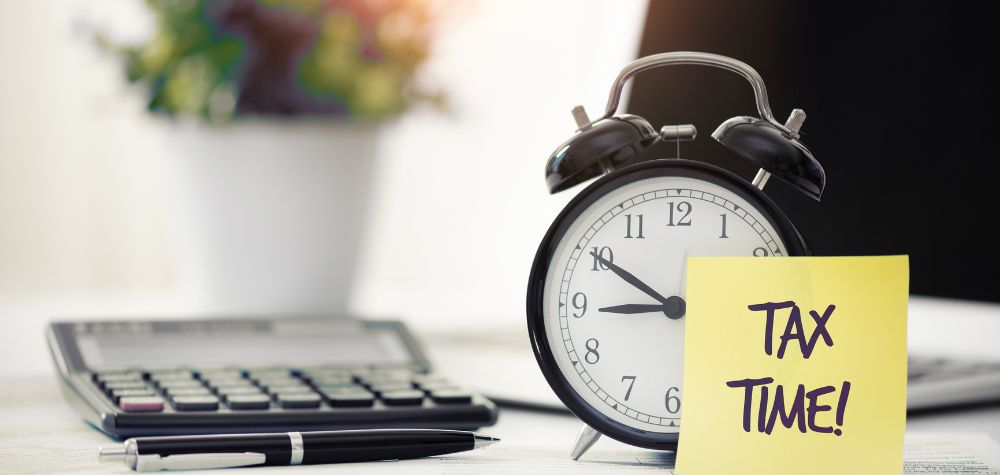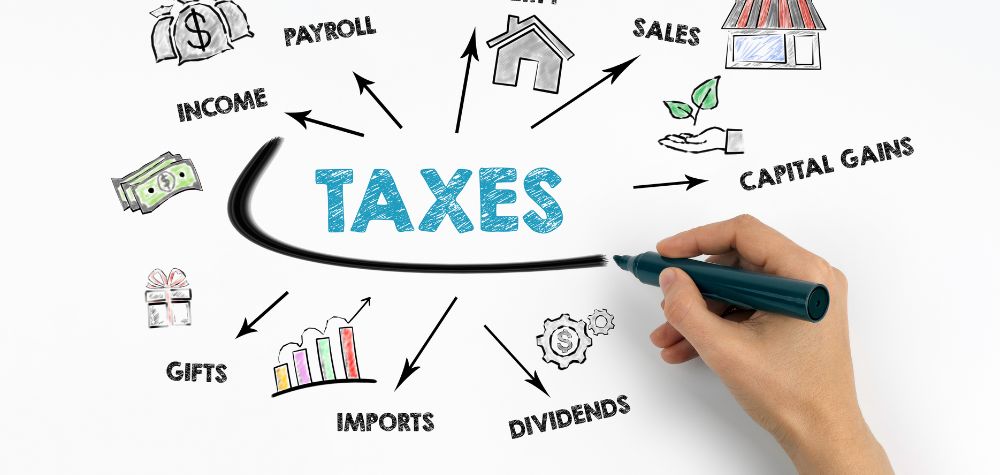
Are you involved in a trade, or do you know someone who is involved in one?
It’s vital that these individuals understand what they can claim work-wise on their tax returns this year (and that they should be preparing for it sooner rather than later).
Car Expenses
You can claim a deduction for the cost of travel while performing your duties. This includes travel between different work locations, including for different employers. Normal trips between home and work are private in nature and can’t be claimed. This applies even if you:
- live a long way from your usual workplace, or
- have to work outside normal business hours (e.g. weekend shifts).
In limited circumstances, you can claim the cost of trips between home and work, where:
- you had shifting places of employment (that is, you regularly worked at more than one site each day before returning home)
- you were required to carry bulky tools or equipment for work and all of the following conditions were met
> The tools or equipment were essential for you to perform your employment duties and you didn’t carry them merely as a matter of choice.
> The tools or equipment were bulky – meaning that because of their size and weight they were awkward to transport and could only be transported conveniently by the use of a motor vehicle.
> There was no secure storage for the items at the workplace.
If you claim car expenses, you must:
- keep a logbook of your work trips, or
- be able to show us your claim is reasonable if you use the cents per kilometre method (for claims up to 5,000 km only).
An important note to make is that your vehicle is not considered to be a car if it is a vehicle with a carrying capacity of:
- one tonne or more, such as a ute or panel van
- nine passengers or more, such as a minivan. In these circumstances (eg if you use a ute), you can claim the proportion of your vehicle expenses that relate to work – such as fuel, oil, insurance, repairs and servicing, car loan interest, registration and depreciation.
You also will need to keep receipts of your actual expenses.
You cannot use the cents per kilometre method for these vehicles. While keeping a logbook is not required, it is the easiest way to show how you have calculated your work-related use of the car.
Self-education Expenses
You can claim a deduction for self-education expenses if your course relates directly to your current job – for example, your apprenticeship course. You can also claim a deduction for the cost of travel from your home to your place of education and back, or your workplace to your place of education and back. You must keep records of your travel expenses to claim a deduction.
You can’t claim a deduction if your:
- study is only related in a general way or is designed to help you get a new job. For example, if you’re an apprentice carpenter you can’t claim the cost of study to enable you to become a builder.
- Your employer pays your apprenticeship course fees outright or reimburses you upon course completion.
Tools & Equipment Expenses
You can claim a deduction for tools or equipment you must buy for your job. If you also use the tools or equipment for private purposes, you can’t claim a deduction for that use.
For example, if you have a toolset that you use for private purposes half the time, you can only deduct 50% of the cost. If your employer or another person supplies the tools or equipment, you can’t claim a deduction.
If a tool or item of work equipment you only used for work:
- cost more than $300 – you can claim a deduction for the cost over a number of years (depreciation)
- cost $300 or less – you can claim an immediate deduction for the whole cost.
Clothing Expenses
You can claim a deduction for:
- the cost of buying, mending and cleaning uniforms that are unique and distinctive to your job – eg a uniform your employer requires you to wear.
- protective clothing your employer requires you to wear – eg hi-vis vests, steel-capped boots and safety glasses.
You can’t claim a deduction for plain clothing worn at work, even if your employer tells you to wear it or you only wear it for work (eg workwear or tradie wear that is not designed to provide you with sufficient protection from the risk of injury at your worksite)
You may be able to claim other work-related deductions:
- protective equipment such as sunscreen, sunhats and sunglasses
- union and professional association fees
- phone expenses if you have to make calls or texts for work.
Remember that you can only claim part of the work-related expense in this instance and may require records (such as receipts) to prove this.
If you have any concerns or questions about your upcoming tax return, you can consult us – we’re equipped to assist you in all tax-related matters.




